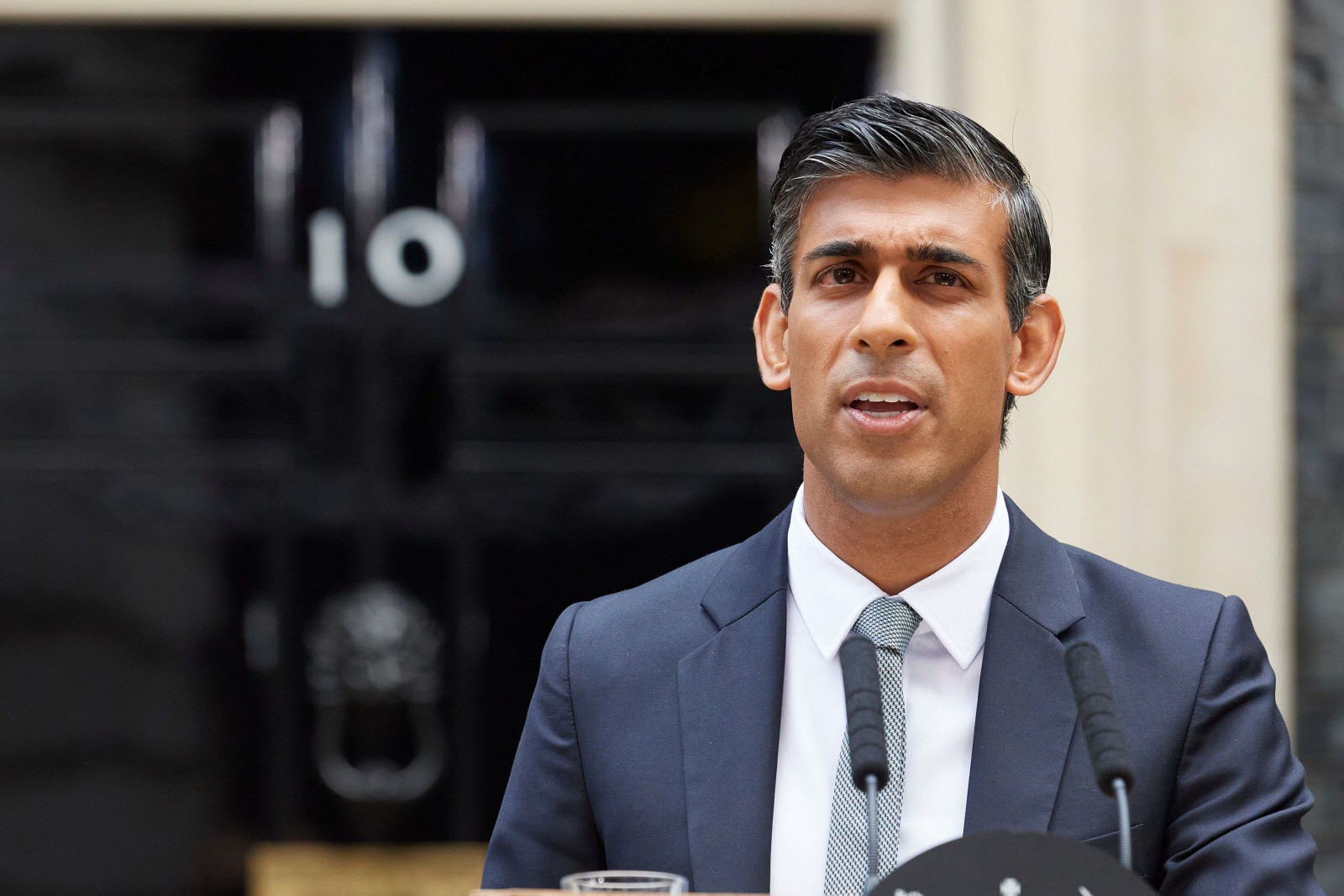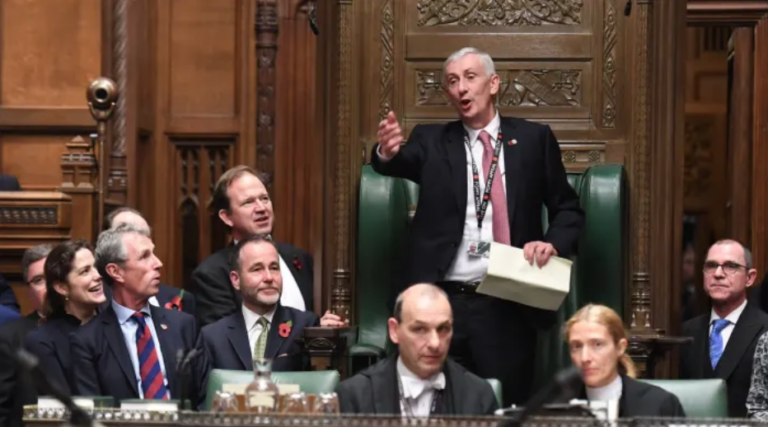
On June 23, 2016, 52% of Brits voted in favor of leaving the European Union. Since this referendum, the United Kingdom has had four different Prime Ministers: David Cameron, Theresa May, Boris Johnson, and most recently, Elizabeth Truss, whose time in office spanned a mere 45 days. Following Truss’ resignation, Rishi Sunak was appointed to office on October 25, 2022.
A member of the Conservative Party, he previously served as Chancellor of the Exchequer from February 13, 2020, to July 5, 2022. Sunak also spent his pre-political career in business and finance and co-founded an investment firm working with multinational companies. He won the most recent leadership election under different pretenses than many of his predecessors, however; while May, Johnson and Truss promised a quickly restructured and stabilized Britain, Sunak made more realistic, concrete promises of repairing Britain’s finances and restoring Brits’ trust in the Conservative Party.
Sunak has been pro-Brexit throughout his political career – but as the youngest and most objective Prime Minister of his party in recent history, along with his extensive education, there is an opportunity for the U.K. to rejoin the EU.
Sunak’s promises have come at a time of economic and social instability in the U.K. While some say that economic recessions are hitting countries all around the world due to the lasting impacts of COVID-19 and the war in Ukraine, the situation in the U.K. is worse than other leading countries due to the added impact of leaving the EU. His non-ideological goals for his time in office appealed to voters. Each Prime Minister prior made extraordinary promises but then fell short of their goals and resigned. This new sense of stability and normalcy was enough to garner support.
Sunak has already begun to roll out his plans for a stable economy. On November 17, current chancellor Jeremy Hunt will unveil a package of tax rises and spending cuts to remedy Truss’ unfunded tax cuts during her time in office. However, these financial remediation measures will not solve the issues posed by the U.K.’s departure from the EU’s Single Market and Customs Union and its trade disruptions. Stable supply from the EU will continue to be an issue, even with greater financial stability – this is why it is within the U.K.’s best interest to re-enter the EU.
While Sunak’s extensive financial experience puts him in a better position to pull the U.K. out of a recession compared to his predecessors, this recovery is not enough to save the U.K. long-term. The U.K. will need to make amends with the EU and undo some of the damage done during previous administrations – stabilizing trade to benefit the U.K. and EU alike. In the wake of global uncertainty and instability, Brexit is not doing Brits any favors. Sunak is the best candidate for this reintegration, as he is the youngest, most cooperative and most objective Prime Minister to come into office in the U.K. in recent years.
Since the 2016 referendum, Brexit’s popularity has also dwindled within the UK – according to an opinion poll conducted for the Tony Blair Institute for Global Change by JL Partners, 59 percent of Britain’s public think that Brexit has worsened the UK’s economy, including 34 percent of those who had initially voted to leave. Voters from all parties view the effects of Brexit as overwhelmingly negative.
The referendum was made before COVID-19 and the war in Ukraine further exacerbated existing political and economic instability. The UK re-entering the EU would mean greater overall stability and wealth. Sunak’s political stances are in a favorable position to make amends and potentially rejoin the EU. The UK’s frustration with previous leaders and Sunak’s objective planning style is an ideal combination in making change happen – hopefully, this change will bring the UK back into the EU, granting greater stability for all.
This is not to say that reintegration would be a seamless process; in fact, there would be numerous issues presented by reversing Brexit. The EU has already passed laws extracting the UK from various agreements and they would need to be reversed. In addition, despite greater wealth for the EU, reintegrating the UK could signal their weakness and suggest that the barriers to entry into the EU are quite low. Their reputation in other countries and other parts of the world could be tainted. However, while these issues are significant, they are still outweighed by the benefits of a more unified Europe and stable UK. Rishi Sunak is the most objective and logical leader the UK has had since Brexit. A reversal of Brexit is more likely under his leadership than it has been since the referendum.



